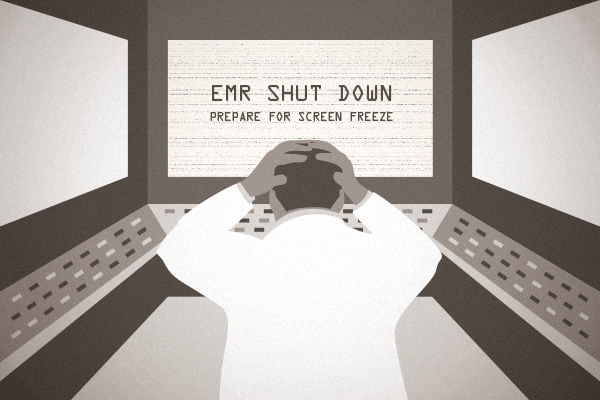Second part in a series.
Supporting direct care is imperative to American healthcare success. It’s about empowering patient and doctor, and yes, taking back control from healthcare’s crony oligarchs: insurance & government. The fact is, if we use insurance for primary care — things like a physical, blood panels, monthly prescriptions, a splint for a sprained ankle — the only buyer and seller is the insurance company and/or the government. Why? It’s because we’re looking at a subsidized system involving the general public.



